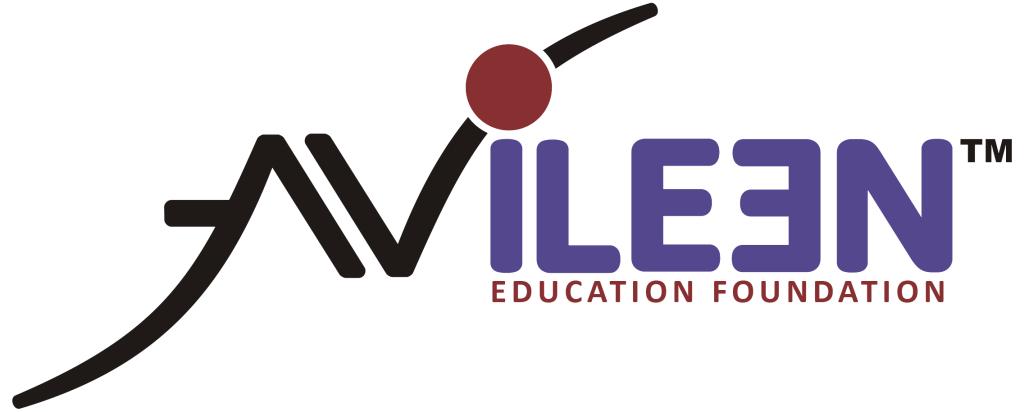Education’s purpose extends far beyond degrees and career preparation—its true value lies in developing human potential. While headlines are often focused on measurable outcomes such as salary or prestige, the goal of education goes much deeper: it gives us the ability to think, question, empathize, and adapt. Education is fundamentally about creating better people, not just workers.
Explore how the importance of education affects society, personal development, and the future.
1. Building Critical Thinkers
Education should cultivate analytical and critical thinking abilities. True learning goes beyond memorization to interpretation: asking why this theorem works or understanding its consequences.
By helping students develop critical evaluation skills rather than accepting information at face value, education serves a deeper purpose: that of developing lasting judgment.
2. Instilling moral and social values
Education teaches us more than just facts and formulas. It teaches us about ethics, responsibility, and empathy. In classrooms and discussions, children are taught about justice, fairness, and mutual respect. The importance of education is extended to the nurturing of compassionate communities.
Individuals who are educated tend to be more aware of social issues such as inequality and environmental degradation and more likely to act for the greater good.
3. Fostering Creativity & Adaptability
In the rapidly changing world of today, the purpose of education is to promote skills that encourage flexibility and innovation. Modern learners must have the ability to think creatively to solve problems that we’ve never imagined.
Schools should foster curiosity and encourage students to view failure as an opportunity to learn. To prepare for future jobs, we must cultivate minds capable of adapting, inventing, and leading with imagination.
4. Empowering Economic Independence
Access to quality education is a key determinant in whether rural or disadvantaged people experience long-term poverty or economic empowerment; education provides opportunities for skilled labor, entrepreneurial endeavors, and digital technologies for income generation.
Students can achieve financial independence through platforms such as Vidyalaya.org, which seek to remove educational barriers in India and address rural education challenges.
5. Encouraging Lifelong Learning
Education doesn’t end after graduation; rather, it cultivates a lifelong curiosity. Purpose of education is to instill a habit of continual learning—well-educated minds always remain on the lookout for new experiences through books, online courses, or workshops.
Learning is a lifelong pursuit that helps individuals adapt to changes such as career transitions or global disruptions. Education becomes a way of thinking rather than just an activity to do on stage.
6. Cultivating Citizenship and Community
Education fosters participation and responsibility by helping citizens vote, discuss, and shape communities. Furthermore, educating people enables them to become effective contributors in society while engaging meaningfully with society’s issues.
This goal reinforces that the importance of education isn’t solely meant for individual achievement but plays an integral role in building an inclusive and democratic society.
Key Benefits of Education
Here are some of the contributions that education can make to individual and social well-being.
- Empathy and values form the basis of ethical strength.
- Creativity flourishes in imaginative minds.
- Economic upskilling is essential to financial freedom.
- Lifelong Learning: Development does not end when school doors close.
- Active Citizenship: Informed individuals are the catalyst of change.
How to Embrace This True Purpose: Schools & Educators
- Project-based learning is gradually replacing lecture-style education.
- Encourage debate, dialogue, and creative expression
- Include lessons on empathy, social justice, and ethics.
Parents & Mentors
- Encourage curiosity through questions, stories, and real-world links.
- Character development is more essential than grades.
- Experience learning with children to discover ways they can model it for others.
Students & Self-Learners
- Keep your curiosity alive: read widely, pose frequent queries, and conduct experiments.
- Blend structured learning with hobbies and personal interests for optimal success.
- Consider what matters to you and how education can support that journey.
Final Thoughts
What is the real purpose of education? Not only is it important to fill up notebooks, but also to develop empathy, critical thought, resilience, creativity, and social responsibility. This is the basis for a fulfilling life and a vibrant society. The importance is not just about economic success. It’s also about fostering hearts, minds, and communities.
By viewing education with a richer perspective, we can move beyond simply passing exams and embrace learning as an adventure that will last a lifetime. Education is not about getting answers but rather about asking the right questions.
Visit vidyalaya.org to learn how educational innovations can transform lives, particularly in underprivileged communities. This platform is dedicated to making education accessible to all children.
FAQs
Q1. What is the true purpose of education?
Education’s true purpose lies not only in academic achievement but also in developing critical thinking, emotional intelligence, creativity, and social awareness.
Q2. Why is the importance of education often emphasised in society?
Education has long been recognised for its many advantages: giving individuals knowledge and the means to make better decisions while simultaneously decreasing poverty, increasing equality, and building a more caring society.
Q3. In what ways can education break barriers to learning in rural India?
Education reduces rural learning barriers through reducing poverty, closing gender and caste disparities, improving job prospects, and promoting informed decisions. It empowers rural communities to overcome economic and social challenges while promoting equality and sustainable growth.
Q4. How can schools align with the real purpose of education?
Schools can align themselves with the goal of education by adopting project-based learning, teaching ethics, and encouraging inquiry alongside academic rigor.

